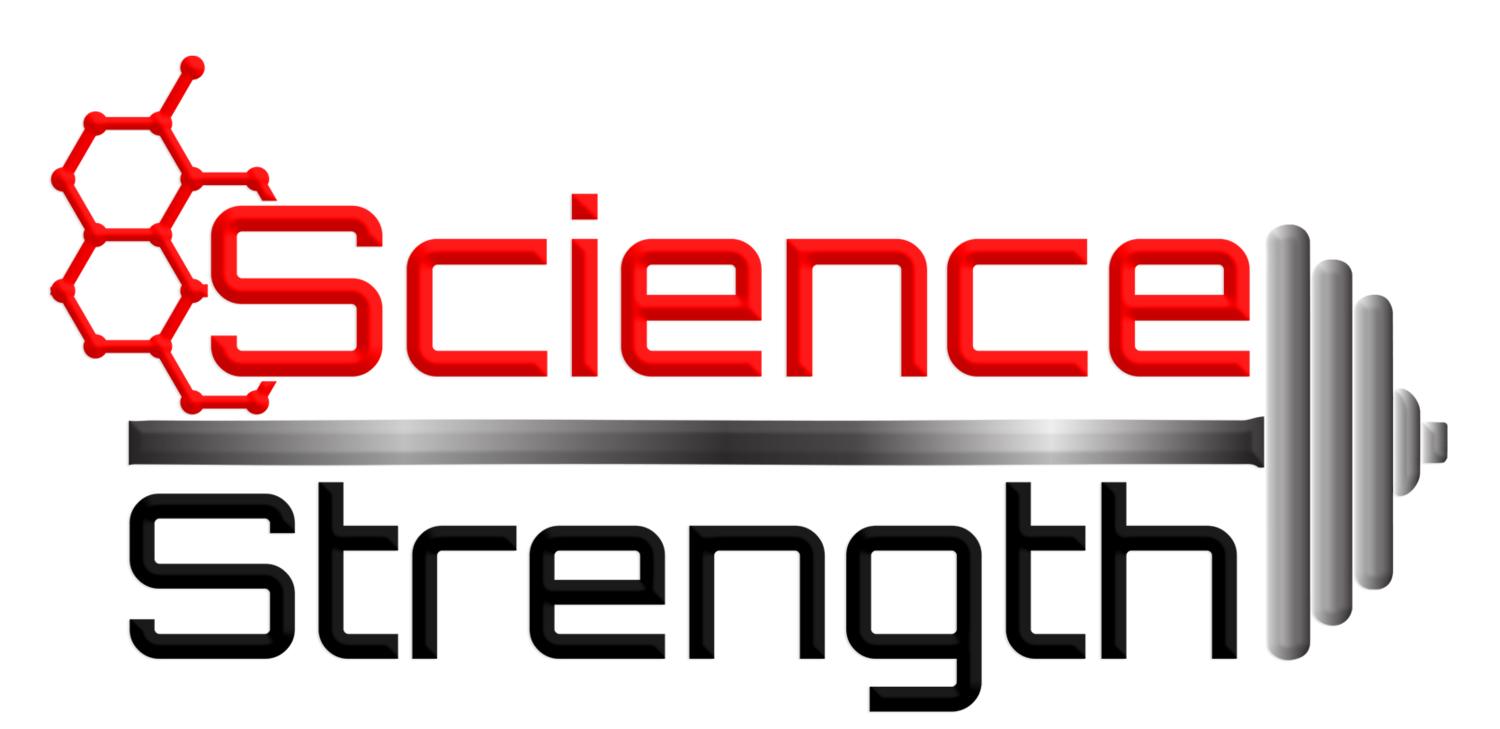Sucralose is a sweetener that is 600 times sweeter than sugar, has no calories and doesn’t affect blood sugar level. It doesn’t even get absorbed in the human body and leaves the body without any changes (yes, you poop it out). 1
So, why all the fuss about Sucralose?
It’s because one research study suggested that sweeteners are bad for gut bacteria.2
There are many issues with the study. One of them is the fact that the drinks used contained 20 times more sugar than sweetener. You can’t say that it was the sweetener that caused problems. For more details about this study check out the video below.
Another research study suggested that drinking beverages containing carbohydrates and sucralose may cause diabetes.3 Drinking only sucralose sweetened beverage had no effect!
The entire point of using non-calorie sweetener is to avoid adding extra calories from sugar. Or do you sweeten coffee with sugar and non-calorie sweetener at the same time?
Caution: Some sports drink actually combine carbs and Sucralose. But why drinking a sports drink full of ‘no idea what’ in the first place? If you need carbs pre/during workout, have a fruit juice. It gives you the carbs and vitamins in addition.
An important point is that both studies used drinks. Using Sucralose for cooking doesn’t have the same effect, as food digestion takes longer compared to the time liquid requires to pass through the digestive system.
Research studies haven’t shown any negative effects of EATING carbs combined with artificial sweetener.1
Major health associations, such as the American Diabetes Association, confirm that Sucralose can be safely used in nutritional strategies for lowering sugar intake. Making the mix sugar-free helped me also to reduce carbs and increase protein for the same number of calories.
Wait…but what about the cephalic insulin response artificial sweeteners cause?
Cepha…WHAT???
In other words: when your brain notices that you eat something sweet (while it gets into your mouth and even before you digest it), your brain gives the signal to your body to release insulin just because your brain expects that sugar will get into your bloodstream soon.
In a research study, overweight and obese participants were given drinks or solid food that was either sweetened with sugar or Sucralose. While they ingested it (14 min long) their insulin levels were measured.4
Indeed, about half of the participants responded to eating/drinking and their insulin level went up shortly after the sweet stuff it got into the mouth.
It is important to note that insulin rises not only when you ingest something sweet, but also as a response to stress and changing conditions in the environment.
Putting the needle into the arms of participants for the required blood samples also made their insulin levels rise. The magnitude of insulin increase was about half of the amount that drinking a sweet beverage caused.
A major problem with this study is that it’s impossible to say if insulin went up because of the sweetener participants consumed or just because they were excited to eat or drink something after a 8 hour long fast.
There was no non-sweet negative control, like water for drinking and a protein or fat snack for eating. Fat snack is actually more appropriate as negative control, because protein - essential amino acids to me more specific - cause even more insulin to be released than carbs.
Considering that
eating caused higher insulin release than drinking (sweetness in liquid form should be sensed by the body faster than in solid form) and the fact that
putting the needle into participants arms caused about the same amount of insulin to be released as eating\drinking sweet stuff and
the amount of insulin that was released (due to brain’s signal when something sweet comes into the mouth) is ridiculously low compared to the amount of insulin release 30 min after sugar ingestion and when sugar really appears in the blood stream.
`The first 3 elevations in insulin were caused by brain signalling and the latter 2 when sugar (glucose) really got into the blood stream.
Also, don’t forget that:
The study examined overweight and obese participants (that often have problems with insulin sensitivity anyway). We don’t know if the same response happens in nomal weight people.
Half of the people didn’t respond to the ingestion of sweet food and beverages. Insulin increase as the result of brain saying ‘hey, dude! something sweet is coming in, get prepared for it!’ seems to be an idividual issue and doesn’t happen to everyone.
And again, the action of eating /drinking caused most likely the increase in insulin and not the ‘substance (sugar/sweetener)’ that was eaten. Eating cardboard would have probably caused the same increase in insulin.
For any comments, questions or input on this topic feel free to shoot me a message on instagram anytime (@sciencestrength)
References
Magnuson et al., doi: 10.1016/j.fct.2017.05.047
Suez et al., doi:10.1038/nature13793
Dalenberg et al., doi: 10.1016/j.cmet.2020.01.014
Dhillon et al., doi:10.1016/j.physbeh.2017.09.009

